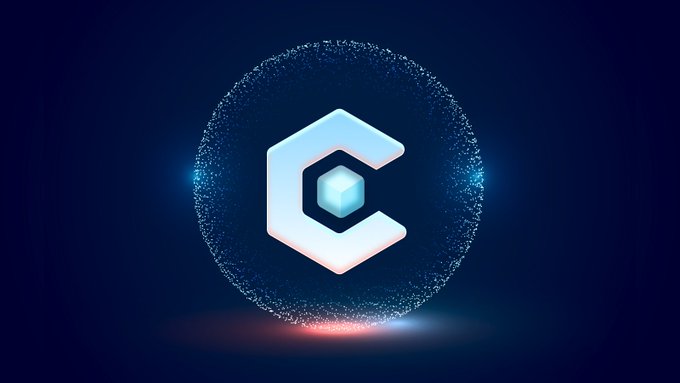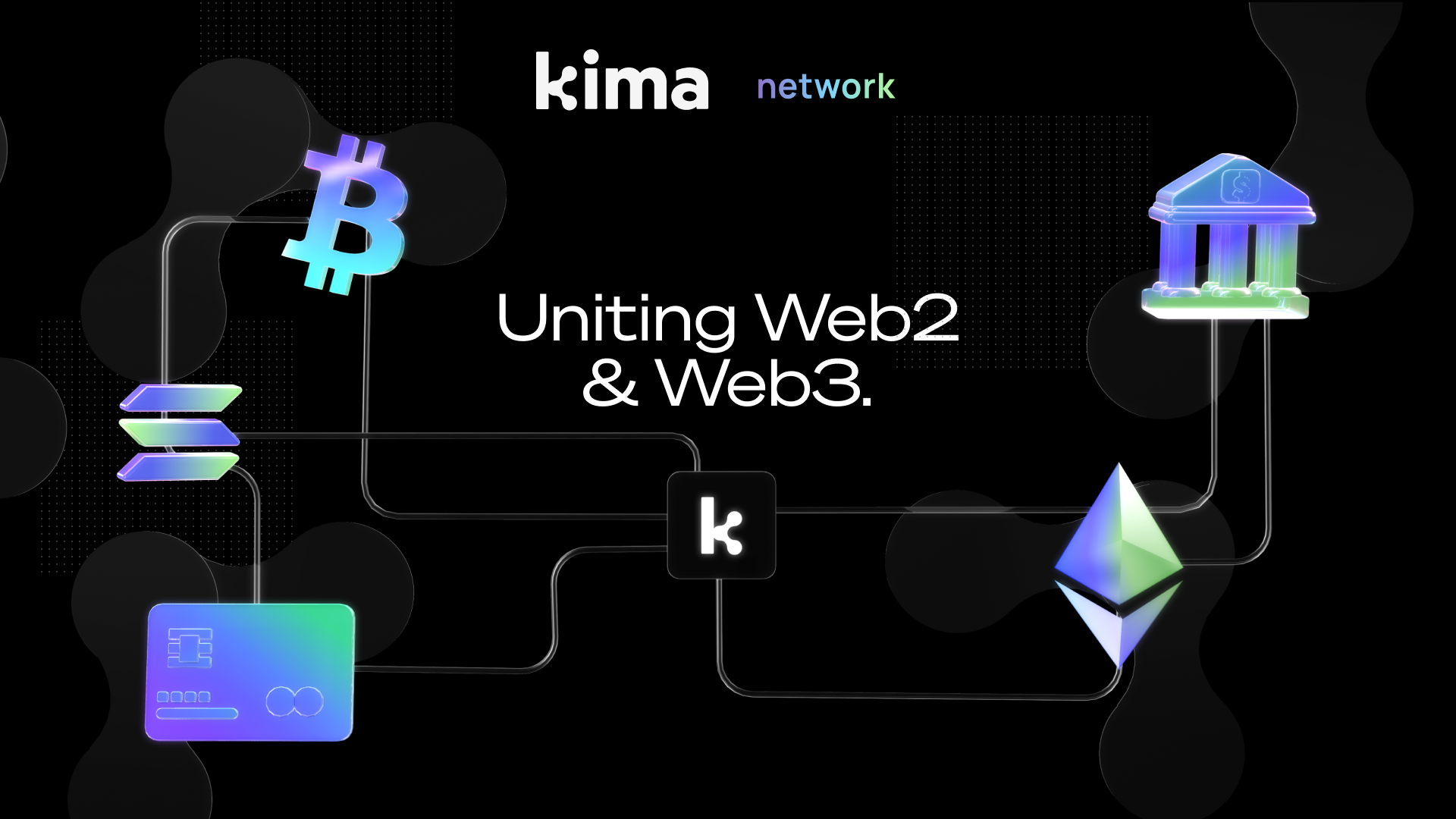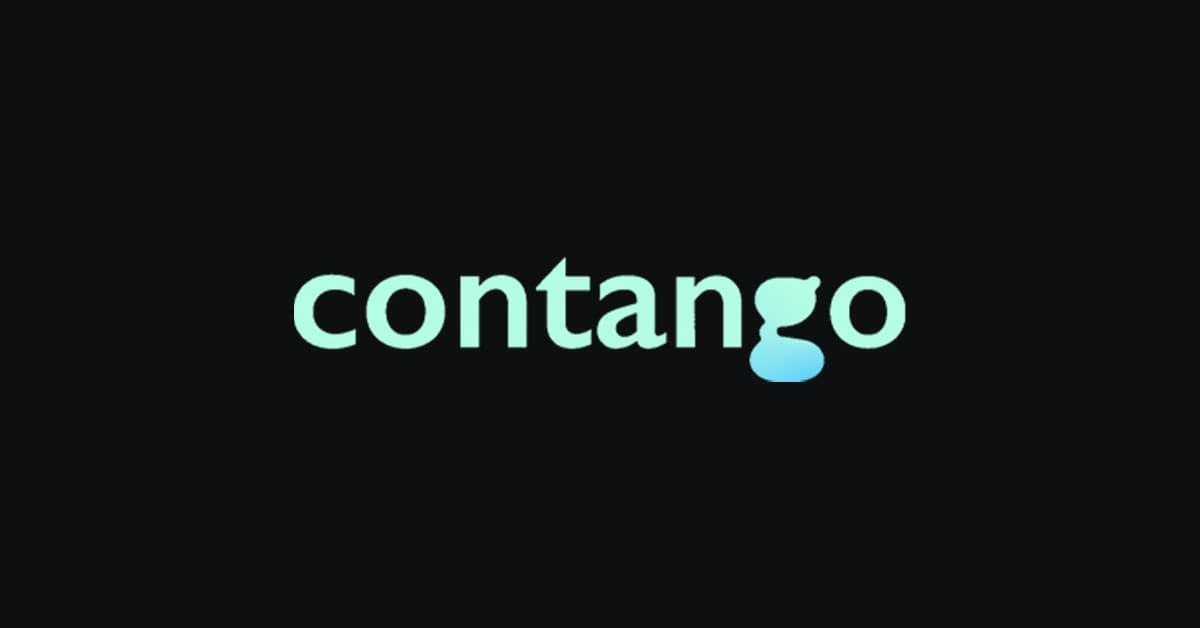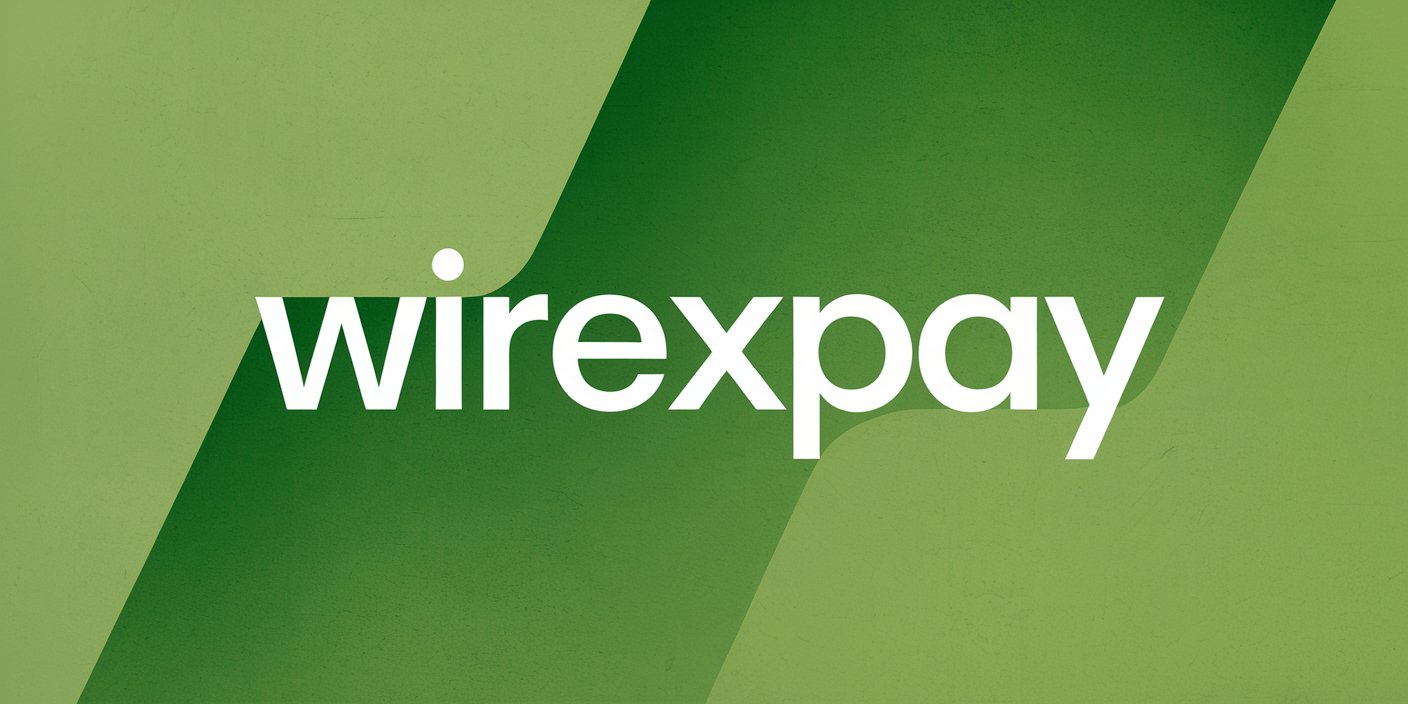SUMMARY
- Cros is developing a decentralized in-game advertising infrastructure that connects game developers and advertisers through blockchain technology, aiming to enhance transparency, efficiency, and reduce fraud in digital advertising.
- With a strong leadership team and support from top VCs, Cros seeks to unlock value for all stakeholders in the gaming ecosystem while providing innovative features like an Ad Manager and NFT marketplace.
Cros is building a decentralized in-game advertising framework aimed at changing the gaming ecosystem. The platform connects game developers with advertisers through an automated, blockchain-based process, giving a vigorous innovation framework that powers advertising and consumer economies. Cros collects a fee extending from 5% to 15% on advertisement and NFT revenue transactions within its ecosystem, guaranteeing a maintainable revenue model for the platform.
The project addresses the critical need of standardized framework for advertising over popular gaming platforms. It seeks to create a transparent, proficient, and decentralized advertising model that disposes of intermediaries and decreases fraudulent activities in digital advertising. By doing so, Cros aims to unlock noteworthy value for content creators, developers, publishers, advertisers, and consumers within games and virtual worlds.
Cros utilizes advanced blockchain innovation, smart contracts, and decentralized protoco
ls to facilitate its operations. It utilizes a Layer 2 Protocol for the on-chain approval of platform information transactions, improving adaptability and proficiency. The project integrates APIs, SDKs, and tools custom fitted for different gaming and advertisement platforms. Moreover, Cros incorporates AI and machine learning to optimize advertisement targeting, creation, and performance, guaranteeing a custom-made advertising encounter. The platform is outlined to be chain-agnostic, allowing consistent integration with different blockchain networks.
The leadership team behind Cros includes co-founders Sachin Agrawal and Ahmed Salama. Sachin brings over a decade of experience from Microsoft, where he centered on building high-performance products. Ahmed has spent roughly a decade at Google, creating marketing and performance-oriented platforms. Their vision is supported by engineering pioneers from famous tech companies such as Google, Microsoft, and Cisco. Furthermore, Cros has gathered support from top VCs and key partners, including Emerge Capital, DWF Labs, NxGen, BitsCrunch, Travala, and GameFi, who share the aspiration of revolutionizing gaming for roughly 3 billion users globally.
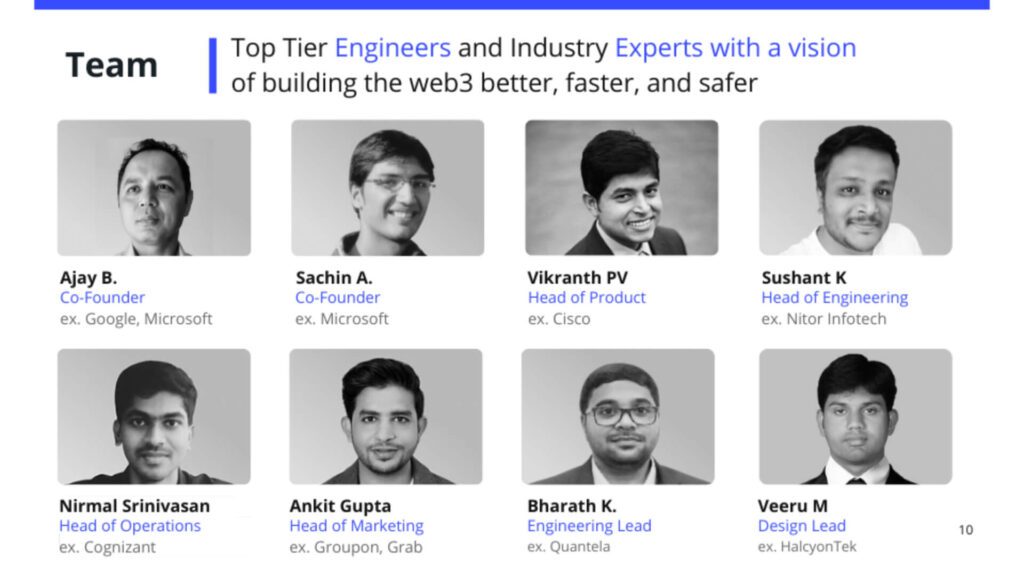
Cros is set to issue 1 billion ERC-20 tokens ($CROS) with a well-structured tokenomic distribution. With upcoming IDO sales on GameFi set for 17th-18th October 2024, and DAO Maker 14th-21st October 2024, The allocation incorporates 20% for seed and private sales, 2% for public sale, 17% for team and advisors, 7% for airdrops and bug rewards, 10% for network bootstrapping rewards, 15% for growth and community rewards, 6% for an additional development fund, 5% for listing and market making, and 18% for an ecosystem support. Although the exact vesting plan is however to be decided, it is planned to guarantee a controlled release of tokens over time, promoting market stability.
Notable highlights of Cros include an Advertisement Manager for campaign creation and analytics, as well as payment rails that back both conventional finance and DeFi exchanges. The stage highlights an NFT marketplace for trading advertisement resources and brand creatives, encouraging a novel approach to in-game advertising. Cros also bolsters integration with well-known gaming platforms and virtual worlds, utilizing Generative AI tools for advertisement creation and focusing on to improving client engagement.
While the project holds colossal potential, it also faces a few risks. These include regulatory instabilities in the cryptocurrency and blockchain sectors, conceivable technical vulnerabilities in smart contracts, market instability influencing token value, and competition from established advertising platforms.
Despite these challenges, the benefits of Cros are noteworthy. The stage guarantees increased transparency and believe in digital advertising, diminished intermediaries possibly leading to lower costs, new revenue streams for game developers and content creators, an upgraded client experience through more relevant advertising, and the potential for clients to earn rewards for their attention and data.
In conclusion, Cros presents an inventive arrangement to the challenges confronted by the in-game advertising industry. By leveraging blockchain innovation and AI, it has the potential to revolutionize how brands interact with gamers. The project’s focus on transparency, productivity, and value creation for all stakeholders positions it well for success. As the gaming industry continues to develop, Cros may play a significant part in shaping the future of in-game advertising and commerce, eventually contributing to a more dynamic and engaging gaming ecosystem.

